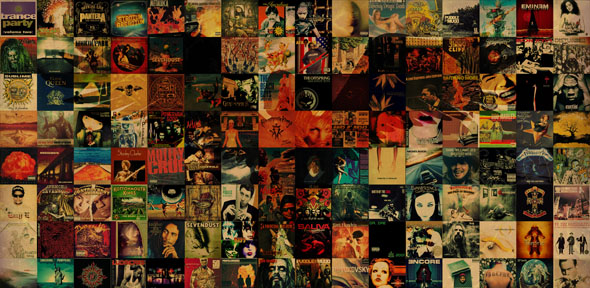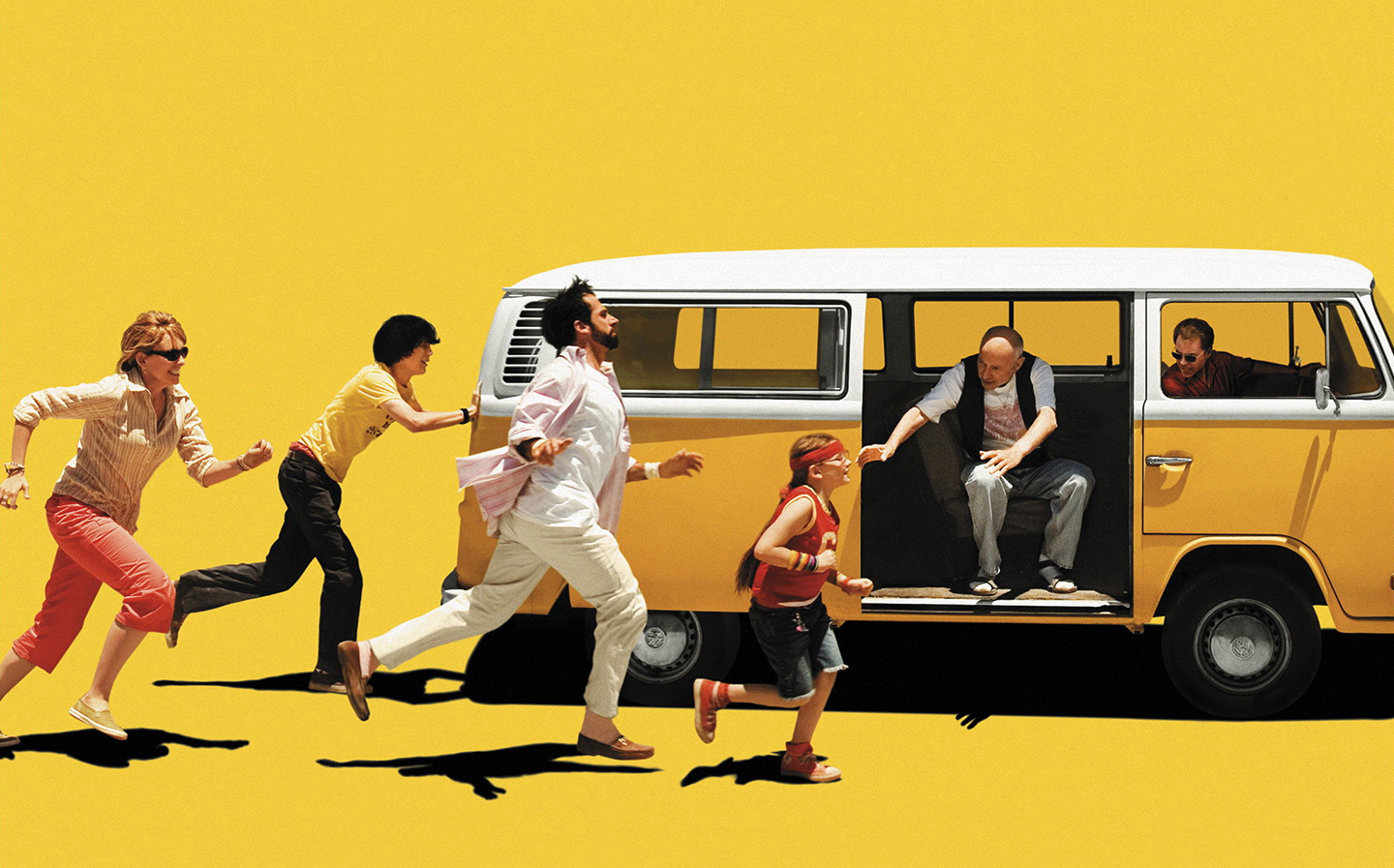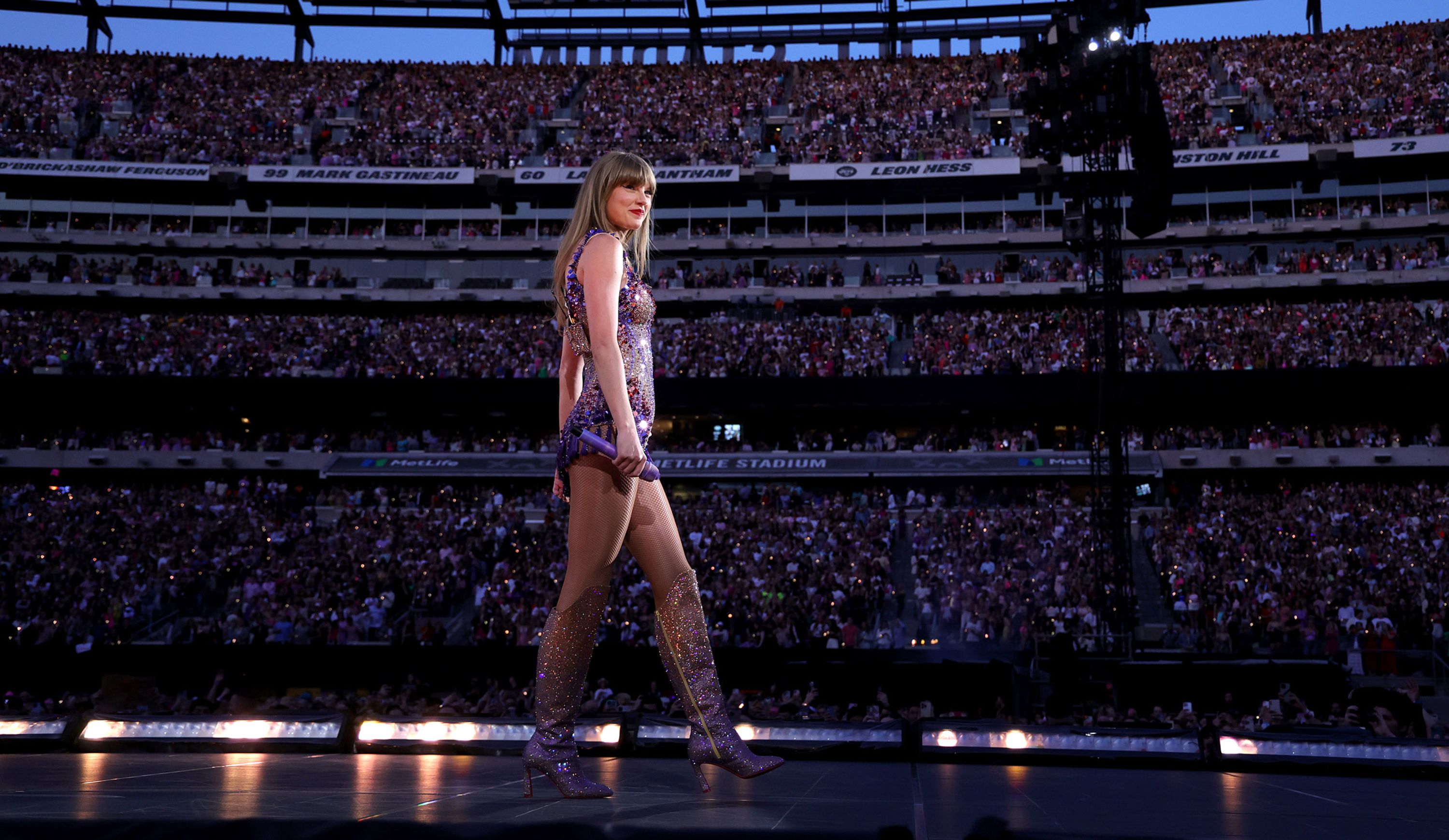Let’s discuss the various electronic music genres that exist, as this area of music has a lot to offer. Electronic music genres have significantly impacted the cultural landscape, ranging from the pulsing beats of city nightlife to the peaceful soundscapes reverberating through art galleries. These genres, which are as varied and dynamic as the technology that powers them, all originate from the experimental studios of the mid-20th century, where the definition of music was transformed. In this exploration, we delve deep into the origins of electronic music, tracing the development of its many sub-genres and highlighting the artists who have propelled them into the mainstream.
Musique Concrete
In the midst of 1950’s
The origins of electronic music can be traced back to the 1950s, when experimental forms such as musique concrète in France and electronic music in Germany emerged. These early forms were created using synthesized tones and edited tapes and served as the foundation for all electronic music genres that followed. It was only in the 1970s and 1980s, with the advent of synthesizers, drum machines, and sequencers, that electronic music gained mainstream popularity, giving rise to a multitude of subgenres.
Synthpop
The 1970s
During the late 1970s, a music genre named Synthpop emerged, which blended the synthetic sounds of the era with pop music sensibilities. Bands such as Depeche Mode, with their hit tracks “Enjoy the Silence” and “Personal Jesus,” and New Order, known for “Blue Monday” and “Bizarre Love Triangle,” led the charge for this genre. They took electronic music to new heights by making it popular on mainstream radio and global charts
Ambient
The 1970s
Ambient music is a genre of electronic music that emphasizes creating an atmospheric sound environment instead of a rhythmic framework. Brian Eno, the creator of “Music for Airports,” is often given credit for formalizing ambient music. His soundscapes invite listeners to immerse themselves within the space of sound.
House Music
The 1980s
House music originated in the underground club scene of Chicago in the early 1980s. It is known for its repetitive 4/4 beats, synthesized basslines, and soulful vocals. Frankie Knuckles, also known as “The Godfather of House Music,” produced tracks like “Your Love” and “The Whistle Song,” while Larry Heard is famous for his classic “Can You Feel It?” These two musicians played a crucial role in the spread of house music, which has since become one of the most influential electronic music genres.
Techno
The 1980s
Techno music has its roots in Detroit and is essentially an offshoot of house music. However, it distinguishes itself from its predecessor by incorporating mechanical and ebbing rhythms and driving basslines, giving it a more futuristic sound. This genre was largely influenced by the works of Derrick May, particularly his track “Strings of Life,” and Juan Atkins, who is widely regarded as one of the godfathers of techno, especially for his work with the group Cybotron. Some of their most notable tracks include “Clear.” Techno music would eventually become synonymous with rave culture.
Trance
The 1990s
Psychedelic melodies, repetitive beats, and fast rhythms made trance music popular in the early 1990s. It was a way to escape completely. Artists like Tiësto, whose hits include “Adagio for Strings,” and Paul van Dyk, whose song “For an Angel” became a standard in the genre, are examples of landmark acts. Their efforts helped propel trance to the forefront of the electronic music scene around the world.
Dubstep
The 1990s
Dubstep, a genre characterized by minimal melodies, syncopated rhythms, and obliterating basslines, emerged in the late ’90s in the UK’s urban scene. Skrillex, with his ground-breaking “Scary Monsters and Nice Sprites,” and Burial, with his critically acclaimed “Untrue,” played crucial roles in launching dubstep into a global phenomenon.
Amapiano
The 2010s
Amapiano is a lively genre that originated in the South African townships during the mid-2010s. It is a fusion of deep house, jazz, and lounge music, featuring synths, airy pads, and wide basslines. The genre gained popularity through internet sharing and social media, and it has become one of the latest electronic music genres to captivate a global audience. Key figures in amapiano include Kabza De Small, whose tracks like “Sponono” and “iLog Drum” are well-known, and DJ Maphorisa, whose collaborative works on hits like “Amantombazane” and “Emcimbini” have played a significant role in popularizing the genre. Their infectious beats have gone beyond borders, making amapiano a dancefloor staple worldwide.
Lofi House
The 2010s
The 2010s saw the emergence of lofi house, often known as “low fidelity” house, as a response to the polished, highly produced mainstream electronic music. Within the electronic music genre, this subgenre blends a more raw, analogue sound with the classic house music structure, frequently integrating jazz and soul influences. Lo-fi house, which is characterised by its dusty looks and frequently crackly vinyl sounds, became popular online, especially on SoundCloud and YouTube. DJ Boring, who made waves with his hit song “Winona,” and Ross from Friends, who won praise from critics for his song “Talk to Me, You’ll Understand,” are two important figures in the lo-fi house trend. Their work accentuates the nostalgic appeal of the genre, providing a personal, unadulterated listening experience that appeals to listeners who find comfort in the flawed beauty of music.






